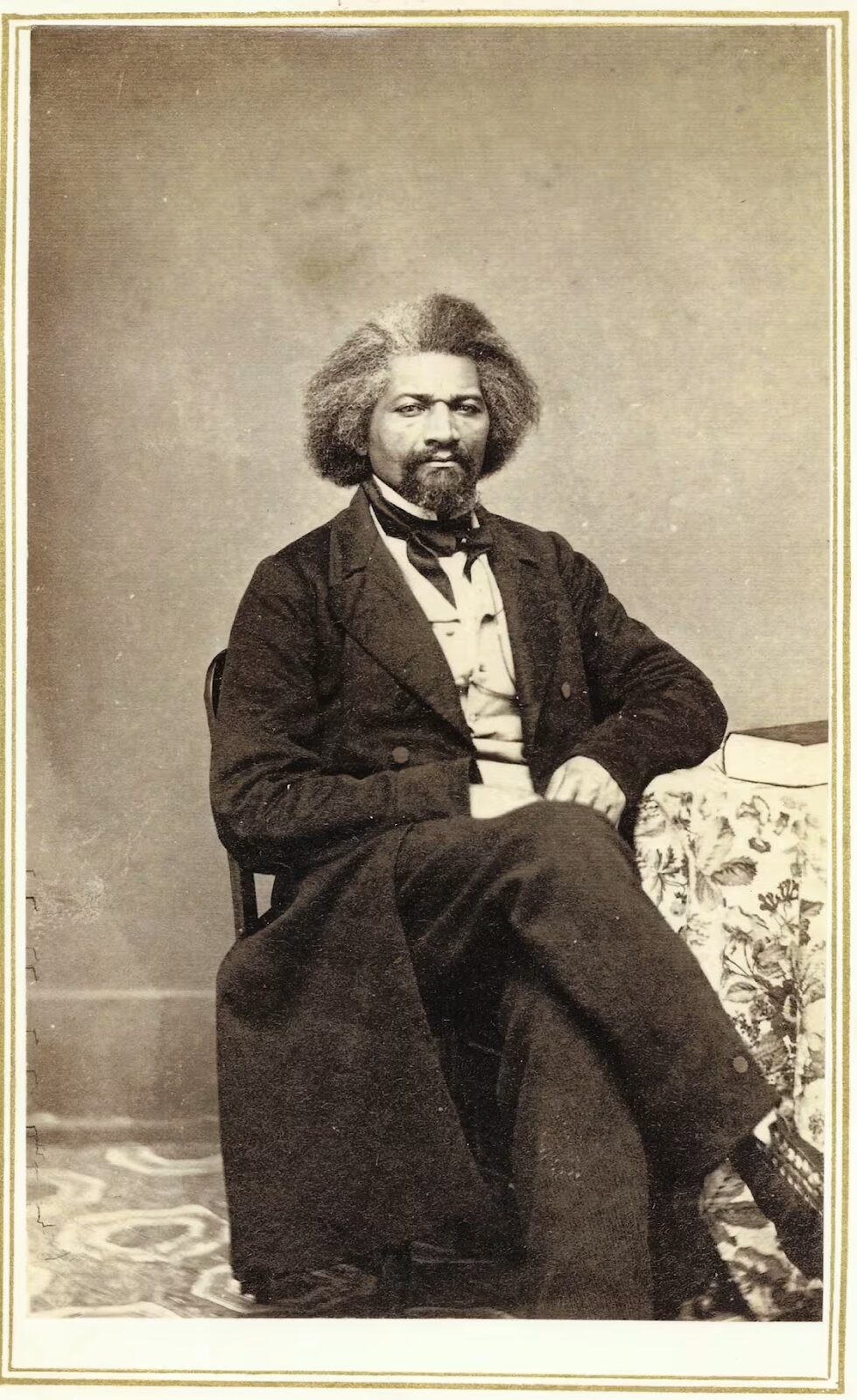One of the Most Influential Abolitionists and Human Rights Advocates in American History
Frederick Douglass stands as an undeniable pillar of Black excellence, his life an unwavering testament to the power of self-liberation, intellect, and the relentless pursuit of justice. Born into the brutal dehumanization of slavery in Talbot County, Maryland, around 1818, Douglass's journey from bondage to becoming one of the most influential abolitionists and human rights advocates in American history is a profound narrative of resilience and triumph.
Douglass's early life under slavery exposed him to its inherent cruelties, but also ignited in him an unquenchable thirst for knowledge. He famously taught himself to read and write, understanding that literacy was a pathway to freedom and a weapon against oppression. This self-education became the foundation of his extraordinary career as an orator and writer.
After escaping slavery in 1838, Douglass quickly rose to prominence in the abolitionist movement. His powerful autobiography, Narrative of the Life of Frederick Douglass, an American Slave, published in 1845, laid bare the horrors of slavery with an eloquence that captivated and shocked readers, forcing many to confront the institution's barbarity. Through his speeches, particularly his searing 1852 address, "What to the Slave Is the Fourth of July?", Douglass masterfully exposed the profound hypocrisy of celebrating liberty while millions remained enslaved. He challenged America to live up to its founding ideals, arguing that the nation's festivities were "a thin veil to cover up crimes which would disgrace a nation of savages."
Beyond his fight against slavery, Douglass was a tireless advocate for women's suffrage and other civil rights, recognizing the interconnectedness of all struggles for freedom.
Douglass's personal life also reflected his commitment to transcending societal norms. He married Anna Murray, a free Black woman, in 1838, shortly before his escape from slavery. Together, they had five children: Rosetta, Lewis Henry, Frederick Jr., Charles Remond, and Annie. After Anna's death in 1882, Douglass married Helen Pitts, a white suffragist, in 1884. This second marriage sparked considerable controversy, drawing strong objections from both white and Black communities due to prevailing racial attitudes against interracial relationships. Some within the Black community felt he had abandoned his race. However, Douglass famously defended his marriage, asserting that love transcended racial lines and living out the principles of equality he advocated in his public life.
He continued to champion equality for African Americans in various government positions after the Civil War, until his death in 1895.
Frederick Douglass's legacy is immense. He not only helped dismantle slavery but also laid intellectual groundwork for the ongoing fight for civil rights. His life exemplifies how one individual, armed with conviction, courage, and a powerful voice, can ignite profound social change and remain a beacon of hope and determination for generations to come. His unwavering commitment to truth, justice, and the full humanity of all people makes him an enduring figure of Black excellence.
Black Excellence Posts:
Each month, we take time to highlight the remarkable contributions of Black leaders, trailblazers, and changemakers whose impact continues to shape our world. These stories serve as a valuable opportunity for transracial families to learn, reflect, and engage in meaningful conversations about Black history and culture. We invite you to explore our past Black Excellence features in the carousel below, where you’ll find inspiring figures from various fields—activism, science, arts, sports, and beyond. If you haven’t already, be sure to subscribe to our monthly newsletter to receive these stories, along with discussion prompts and book recommendations, right in your inbox.


